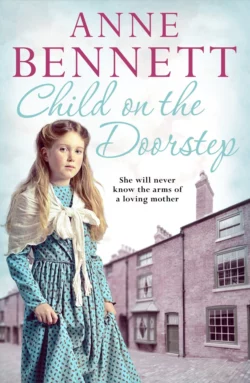Child on the Doorstep

Anne Bennett
Тип: электронная книга
Жанр: Современная зарубежная литература
Язык: на английском языке
Стоимость: 764.01 ₽
Статус: В продаже
Издательство: HarperCollins
Дата публикации: 17.04.2024
Отзывы: Пока нет Добавить отзыв
О книге: The heartbreaking new novel from the bestselling author of The Forget-me-not Child and If You Were the Only Girl.Angela McClusky is haunted by the young baby that she left on the steps of the workhouse. Born out of wedlock and the result of a traumatic assault, the child has grown up away from the loving arms of her mother and only has a locket to remind her of the family she never knew.Angela, meanwhile, has carried the guilt of her actions with her for almost a decade, now widowed and alone, she is courted by a new suitor, Eddie, who seems to offer her the happiness she craves.When Angela’s teenage daughter, Constance, discovers that Eddie is not all he seems to be, it drives a wedge between mother and daughter. But her secrets won’t stay hidden and now Angela must face up to her past…